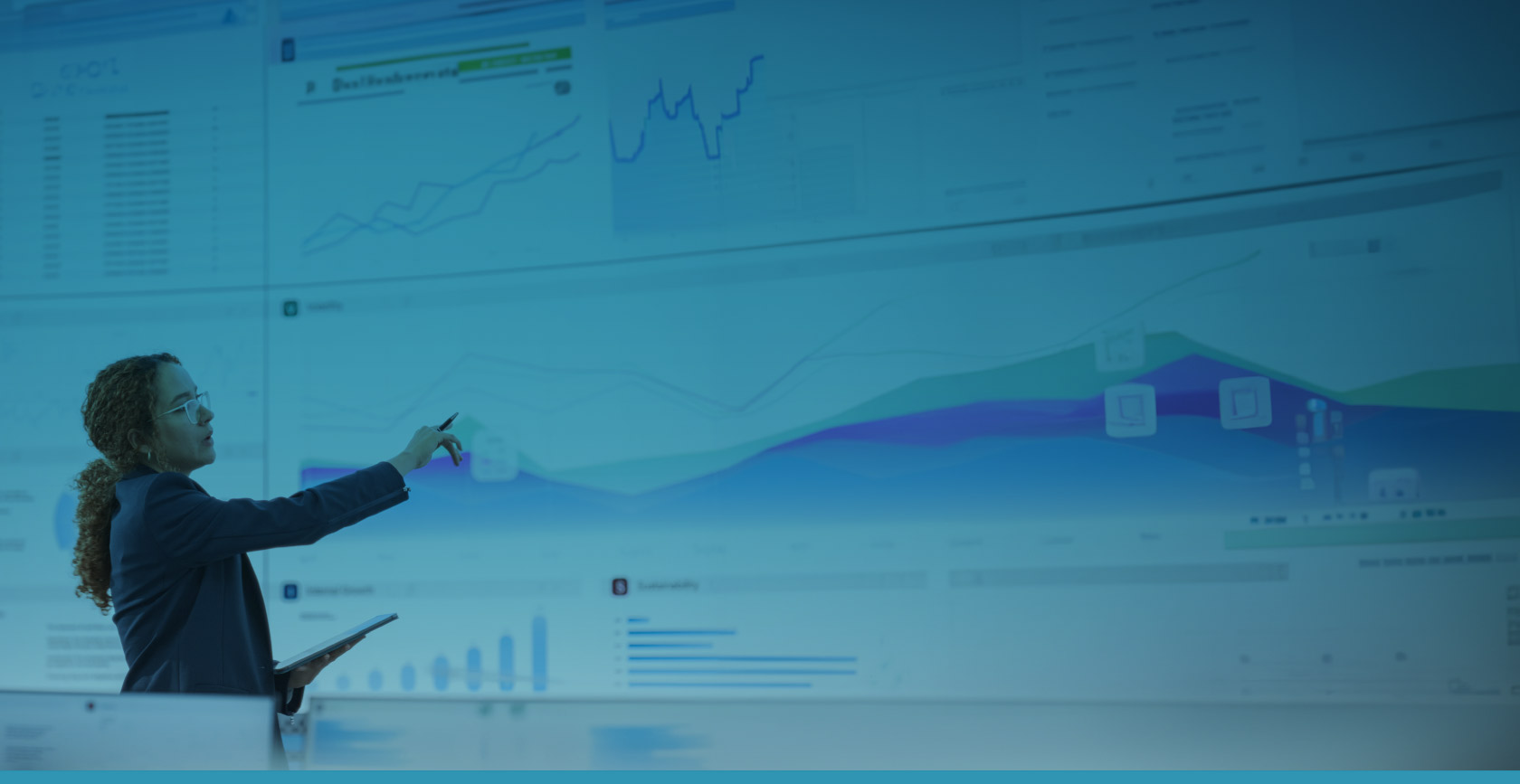Supply Chain Risk Management (SCRM) is the process of proactively identifying, assessing, and mitigating potential disruptions throughout a business's entire supply chain. It's essentially a shield against unforeseen events that could cripple operations, damage reputation, and impact the bottom line. An effective SCRM strategy is no longer a luxury in UAE’s dynamic corporate environment but a critical necessity for businesses to ensure continuity, profitability, and customer satisfaction.
Here are eight compelling reasons why Supply Chain Risk Management matters more than ever:
1. Heightened Disruption
The frequency and severity of disruptions plaguing supply chains have reached unprecedented levels. Natural disasters like hurricanes and floods can cripple production facilities and transportation networks. Geopolitical tensions and trade wars can disrupt the flow of goods and materials. Pandemics, like the recent COVID-19 crisis, can cause widespread labor shortages and factory shutdowns
These are just a few examples of the heightened disruptions businesses face today. An effective SCRM program acts as a shield against these unforeseen events. By proactively identifying potential threats, assessing their likelihood and impact, and developing mitigation plans, businesses can weather disruptions with greater agility and minimize the damage to their operations, bottom line, and reputation.
2. Globalized Operations
Globalized operations have fundamentally transformed supply chains. Companies now source materials, manufacture products, and distribute goods across vast geographical distances. This interconnectedness offers significant advantages, such as access to lower-cost labor and resources, and the ability to cater to diverse customer markets. However, it also introduces a complex web of risks.
Cultural differences, political instability, and varying infrastructure quality across countries can all lead to delays, disruptions, and quality inconsistencies. Effective SCRM becomes even more critical in a globalized environment, requiring a deep understanding of these risks and the ability to establish strong relationships with international suppliers and logistics partners.
3. Escalating Costs
Escalating costs are a major threat to profitability in today's supply chain. Raw material prices fluctuate due to factors like resource scarcity, geopolitical tensions, and climate change. Transportation costs, including fuel prices and freight charges, are also on the rise due to global demand and capacity constraints. Additionally, tariffs and trade wars can significantly impact the landed cost of goods.
An effective SCRM program can help address these challenges by implementing cost-saving measures such as diversifying suppliers to avoid dependence on single sources, negotiating better contracts with suppliers to lock in prices, and optimizing inventory levels to minimize storage and carrying costs. By proactively managing these cost risks, businesses can ensure a healthy profit margin and maintain their competitive edge.
4. Regulatory Landscape
The regulatory landscape is a growing area of concern within supply chain risk management. Governments around the world are enacting stricter regulations on issues like labor practices, environmental impact, data privacy, and product safety. Failure to comply with these regulations can result in hefty fines, operational shutdowns, and reputational damage.
An effective SCRM program proactively monitors regulatory updates, ensures compliance across the entire supply chain, and implements measures to mitigate risks associated with non-compliance. This not only protects the business from legal and financial repercussions but also demonstrates a commitment to ethical practices, which can enhance brand image and customer trust.
5. Cybersecurity Threats
Cybersecurity threats pose a significant risk to supply chains, as attackers can exploit vulnerabilities at any point. This can involve infiltrating supplier networks to steal sensitive data, like intellectual property or customer information. Malicious actors might also target internal systems through phishing attacks or malware to disrupt operations or even deploy ransomware, crippling production and deliveries.
SCRM plays a crucial role in safeguarding against these threats by implementing robust cybersecurity protocols across the entire supply chain. This includes conducting regular security assessments of suppliers, enforcing strong password policies, and educating employees on cyber hygiene best practices. By prioritizing cybersecurity within SCRM, businesses can significantly reduce the risk of cyberattacks and protect their valuable data and operational integrity.
6. Sustainability Concerns
Sustainability concerns are no longer a peripheral issue in supply chain management. Consumers are increasingly holding businesses accountable for their environmental and social impact. A robust SCRM program incorporates these concerns by evaluating a supplier's environmental practices, labor standards, and ethical sourcing policies. This mitigates reputational risks associated with unethical practices and attracts a growing segment of environmentally conscious consumers.
Furthermore, SCRM can identify opportunities for sustainable packaging, green transportation options, and responsible waste management, ultimately contributing to a more sustainable and environmentally friendly supply chain.
By implementing a comprehensive SCRM program, businesses can navigate the complexities of the modern supply chain. They can minimize disruptions, optimize operations, and build resilience, ensuring long-term success in an ever-changing global landscape.






